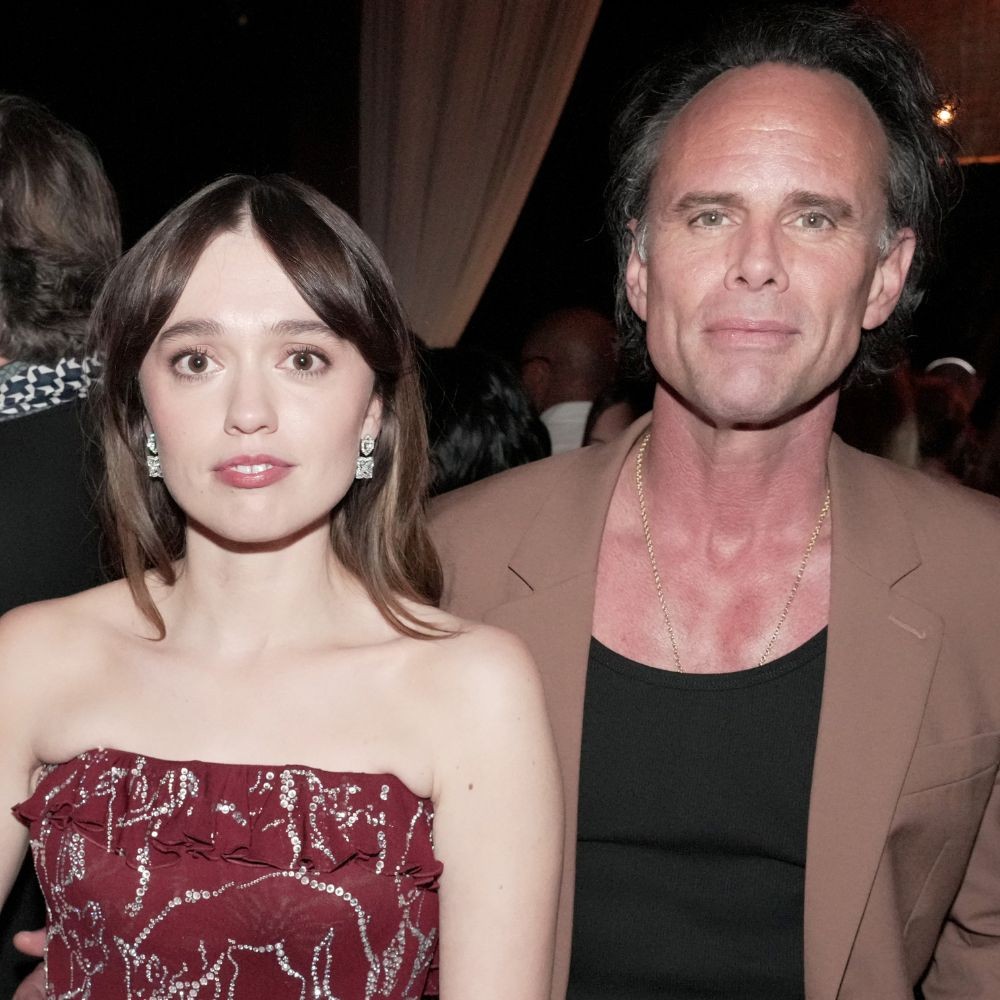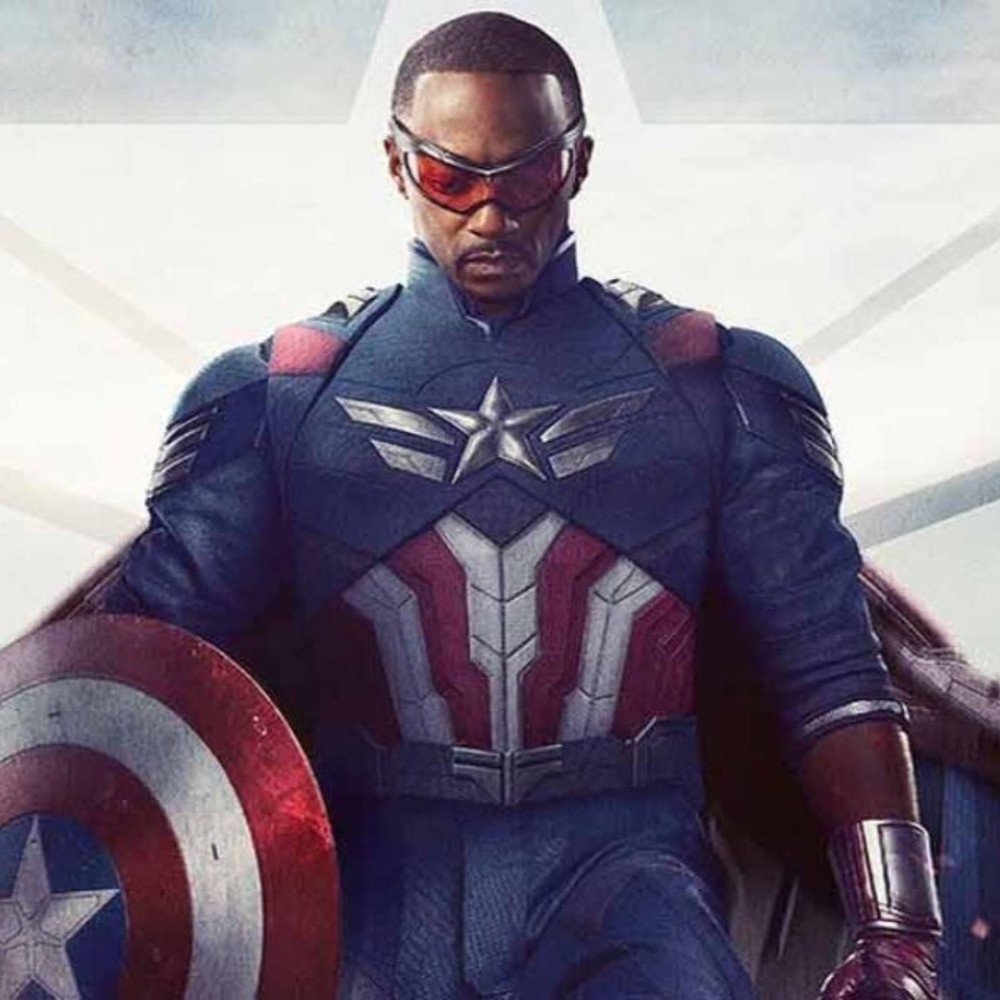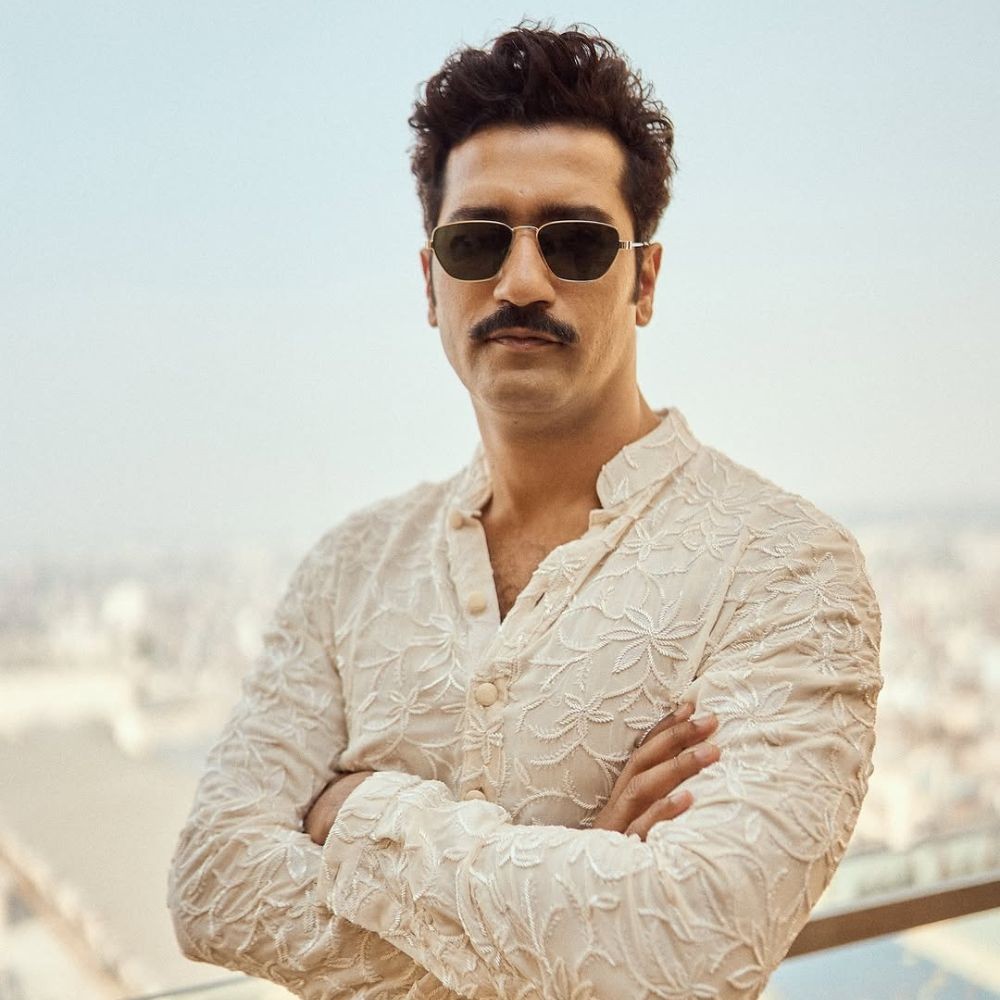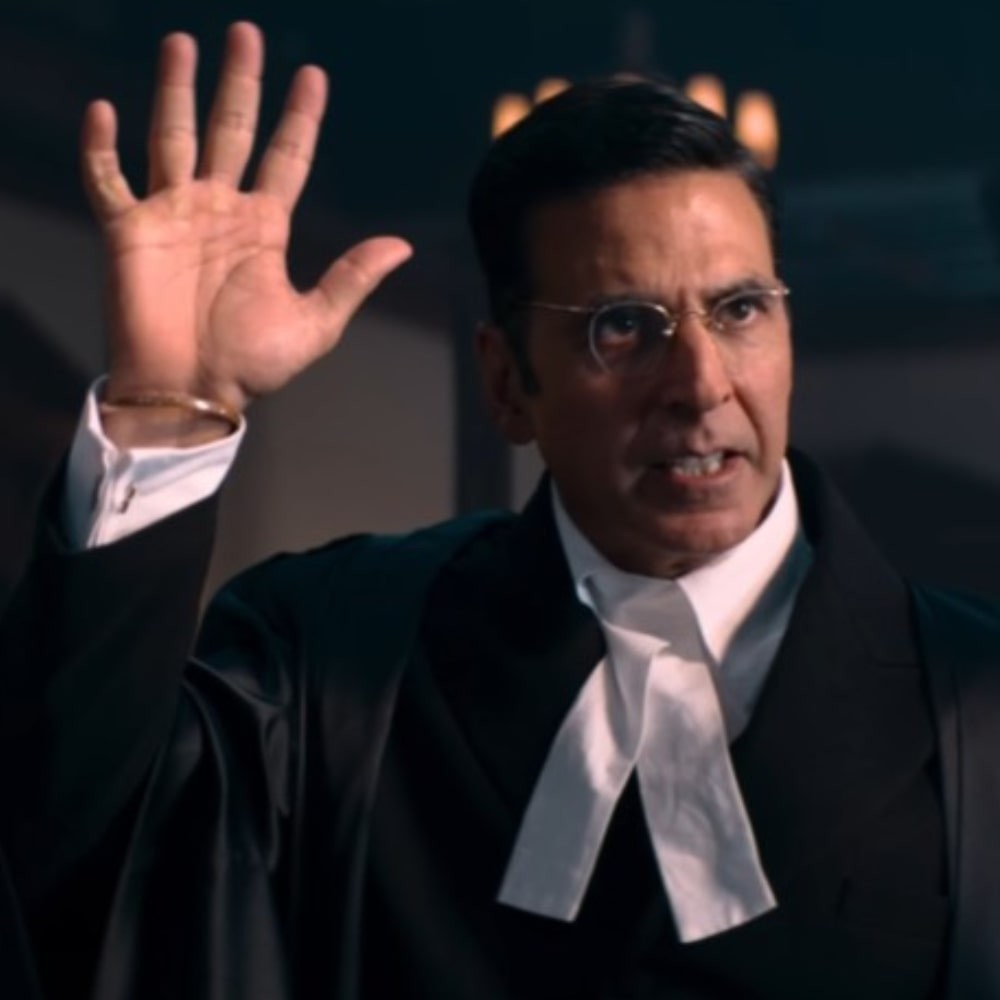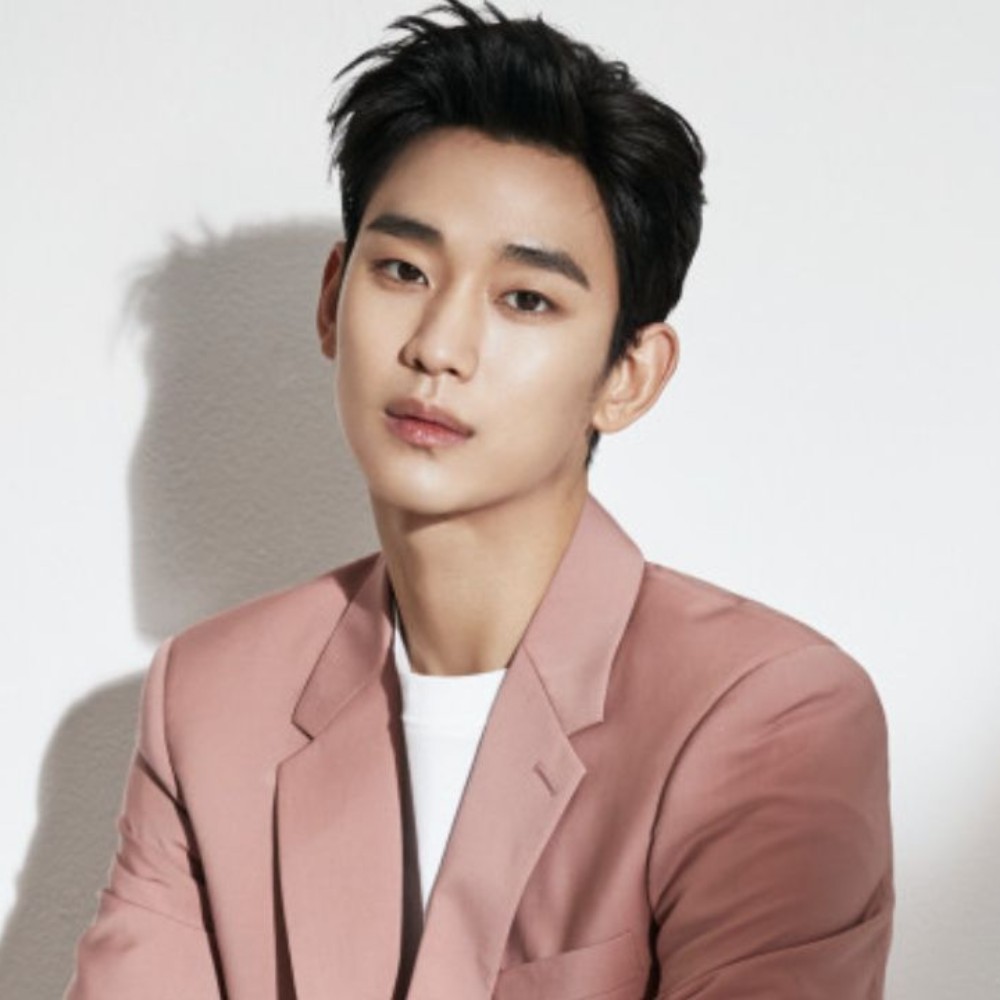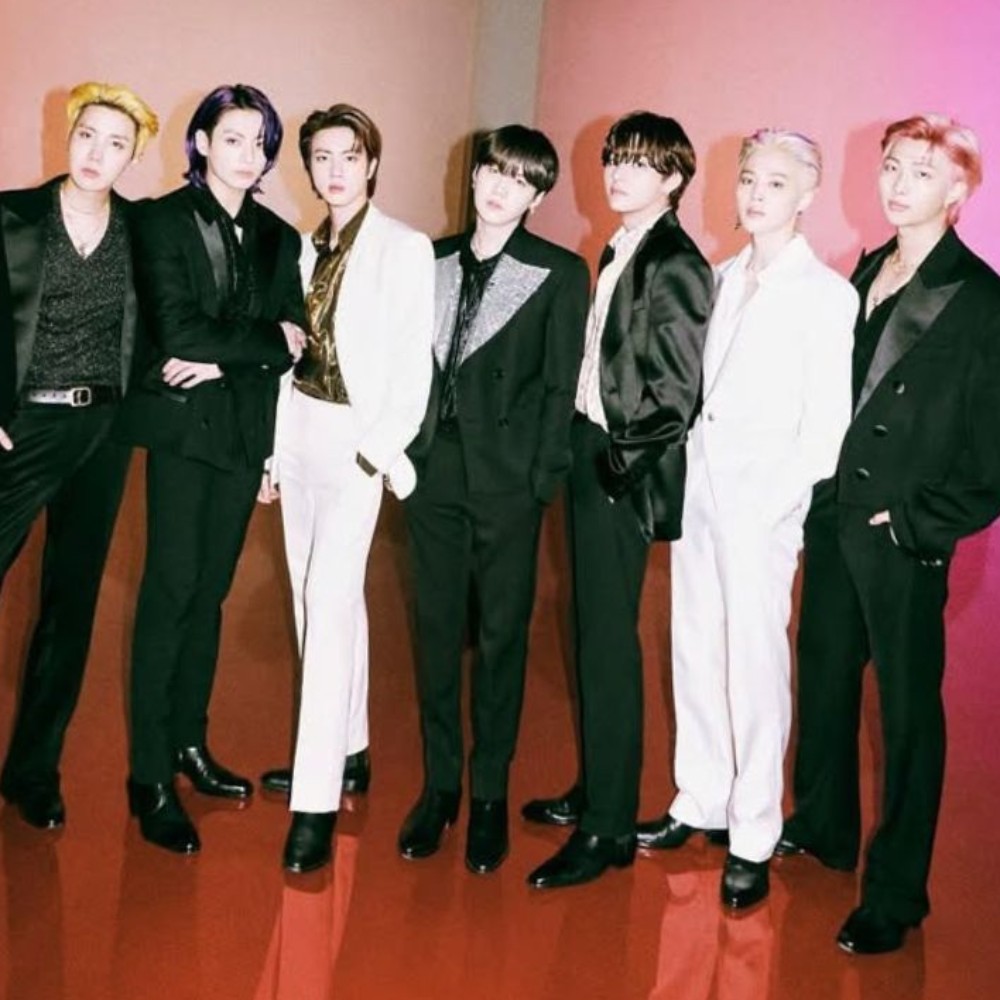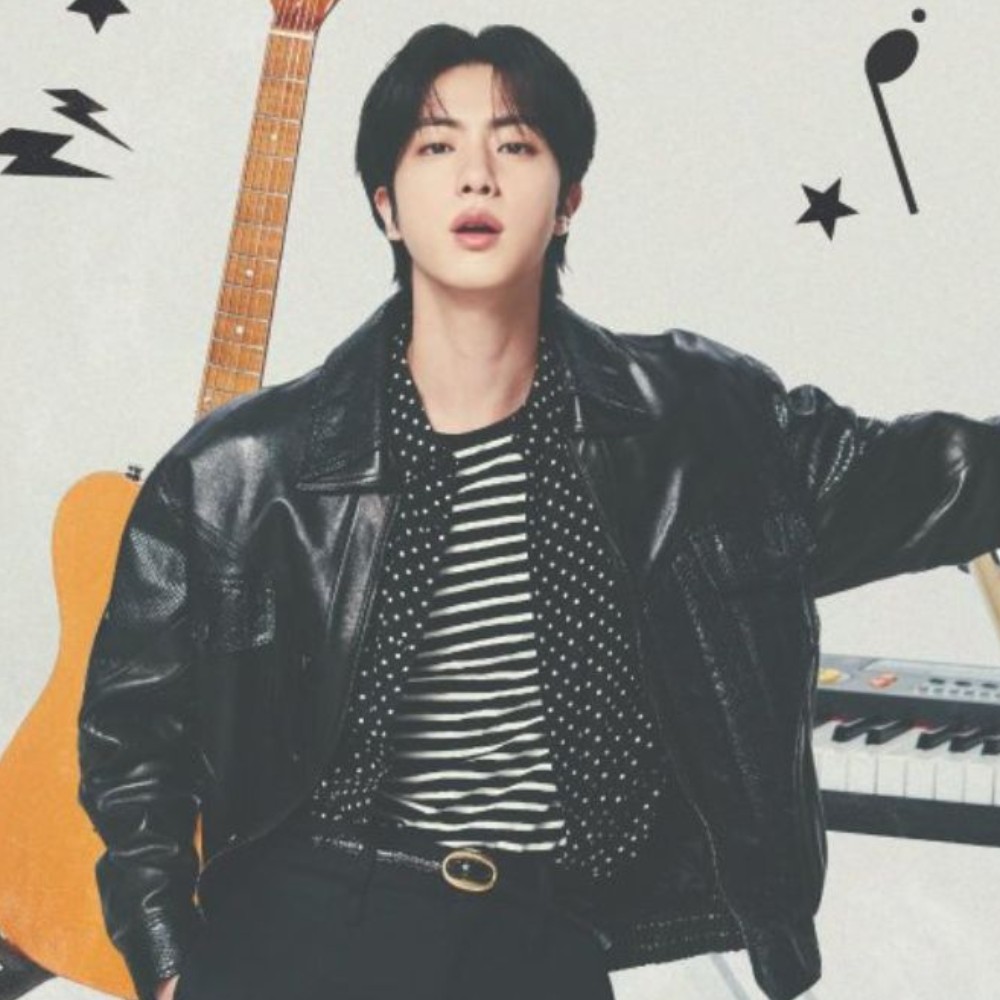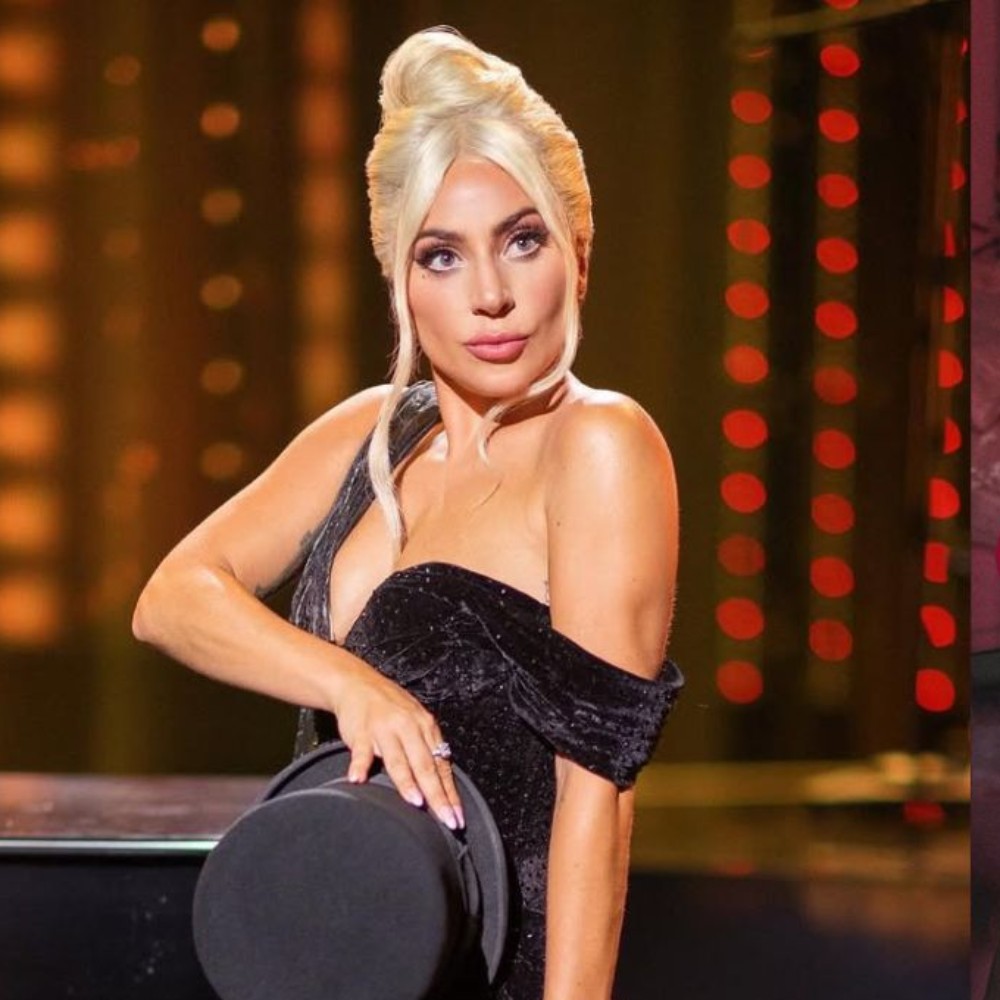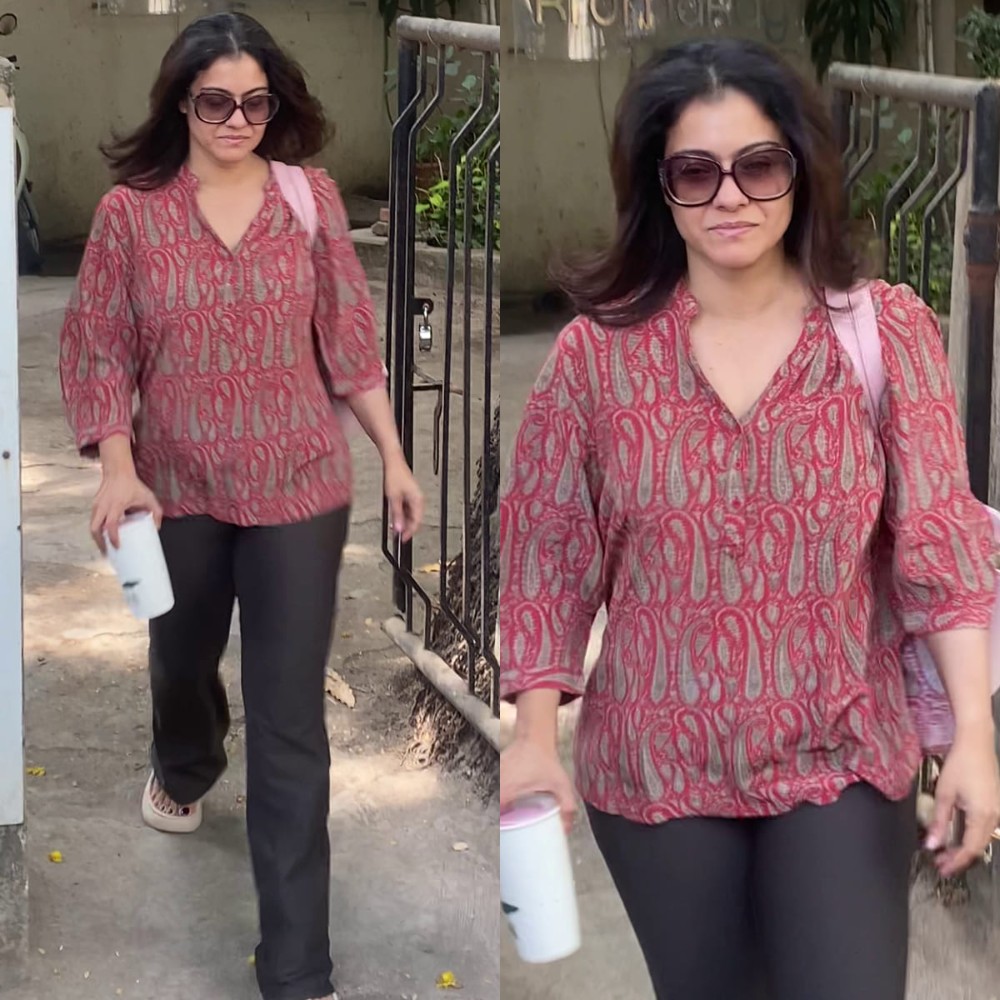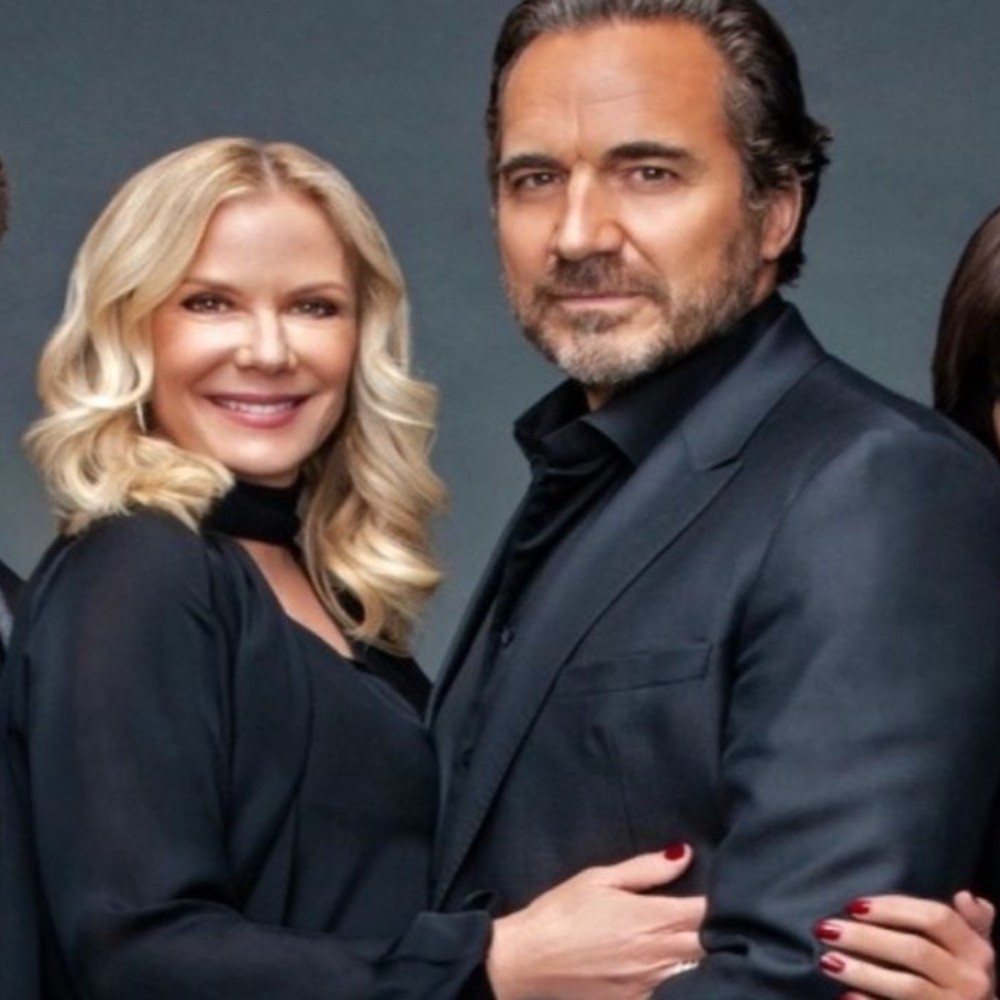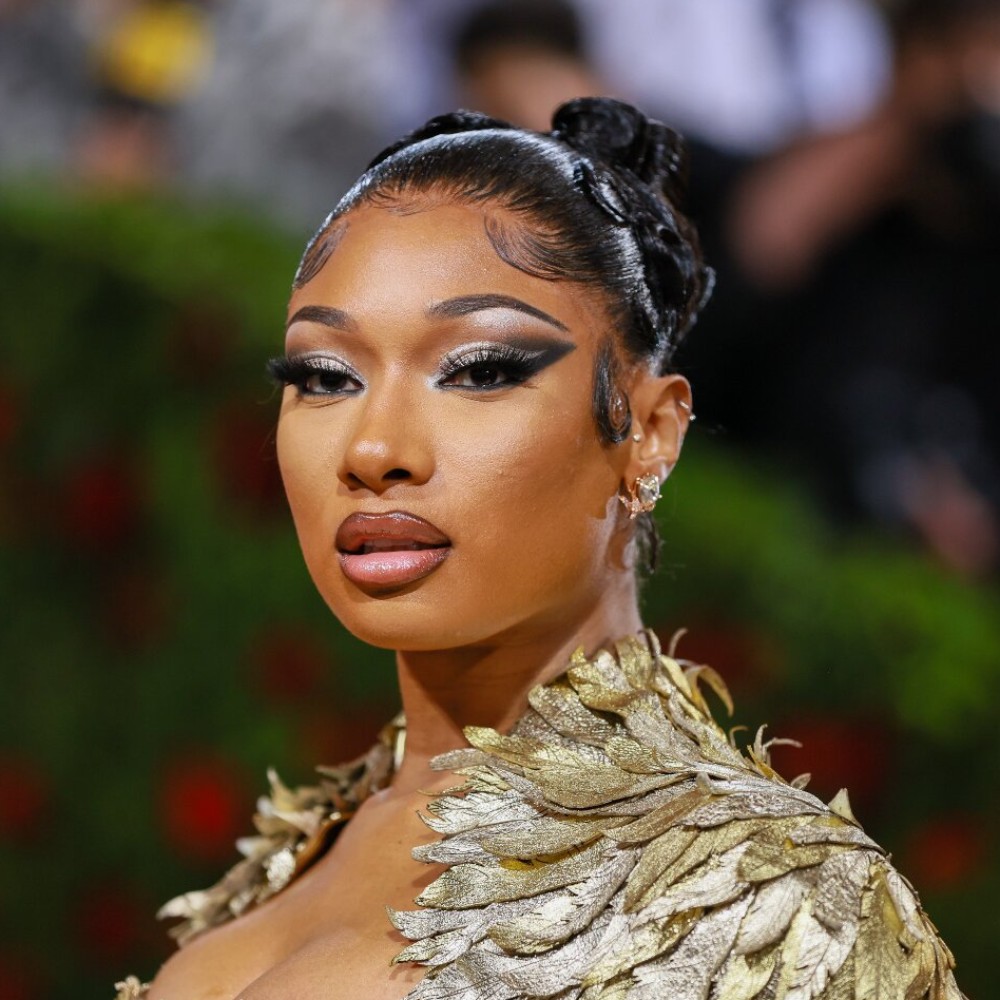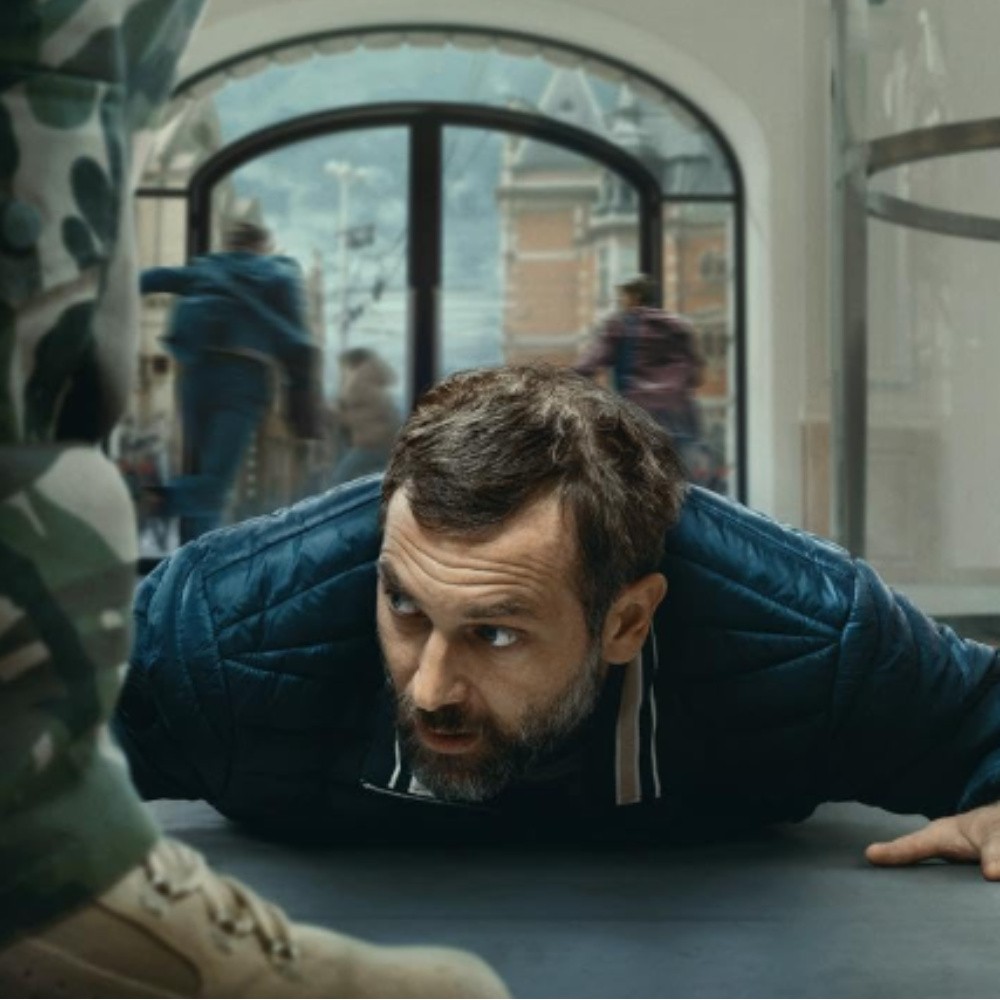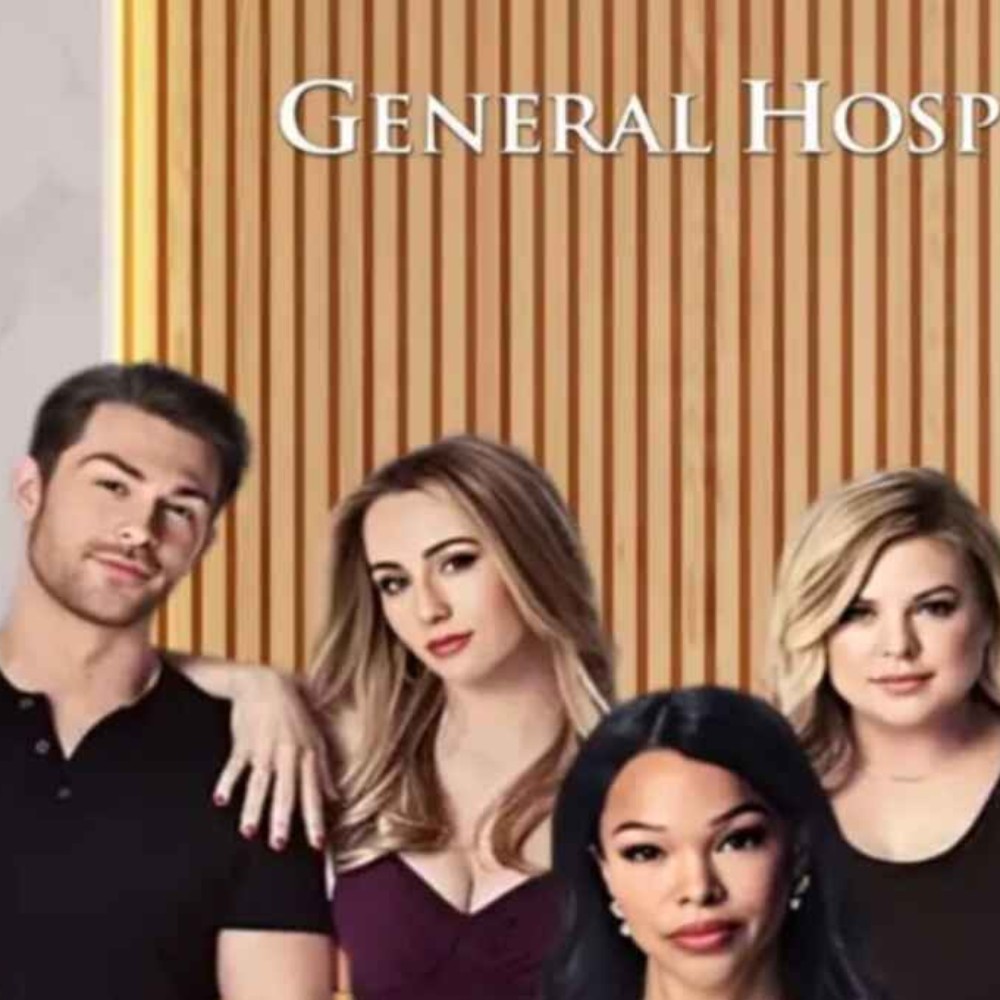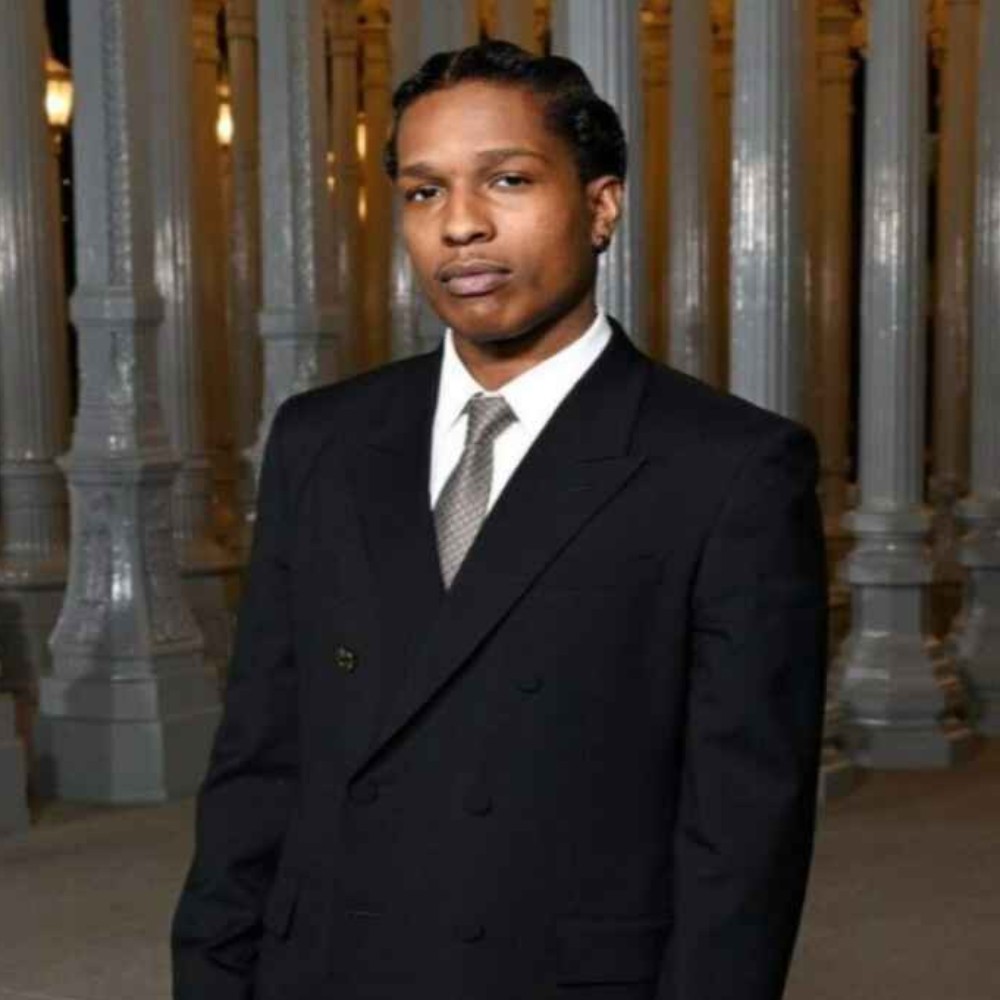Here's How Harvey Weinstein's Rape Appeal Verdict In New York Court Unfolded; READ
Explore the unfolding of Harvey Weinstein's rape appeal hearing, from Arthur Aidala's arguments to the jury's perspectives, shedding light on the complex legal battle.
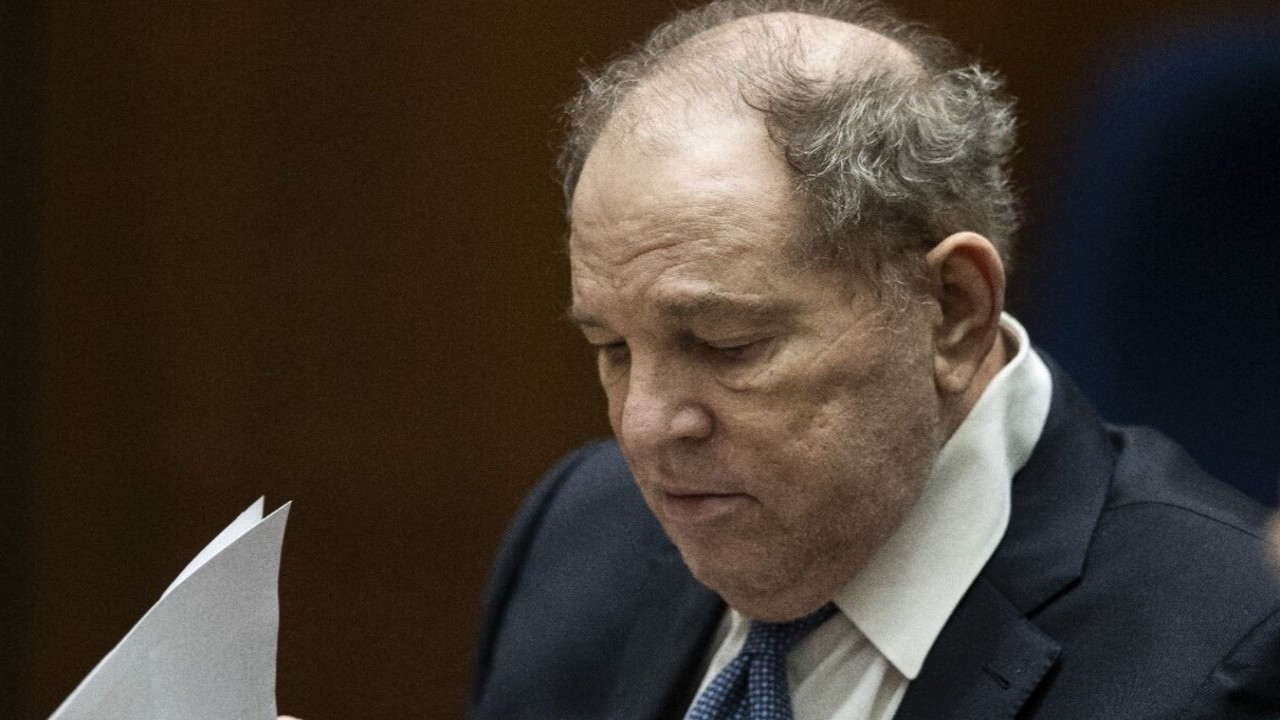
Trigger Warning: This article includes references to sexual abuse and rape.
Harvey Weinstein's legal battle continues as his lawyer, Arthur Aidala, presented arguments before New York's highest court seeking to overturn Weinstein's conviction on rape charges. Amidst a backdrop of intense scrutiny and debate, the court heard Aidala's plea challenging the validity of the recent trial proceedings.
Harvey Weinstein's sexual assault allegation and its recent development in the court
Weinstein's case gained global attention in October 2017 when numerous women came forward with allegations of rape, sexual assault, and sexual abuse spanning over three decades, as reported by The New York Times. The #MeToo movement amplified the voices of these accusers, leading to a reckoning within the entertainment industry. Weinstein, a once-powerful Hollywood figure, faced criminal investigations in multiple jurisdictions, including New York City and Los Angeles. The American filmmaker was sentenced to 23 years of imprisonment in 2020. Further, Weinstein was separately burdened with additional 16 years of sentence for his convicted rape and two sexual assaults in LA.
In the recent appeal hearing, Weinstein's lawyer, Arthur Aidala, contested the trial judge's decision to allow three additional women to testify as Molineux witnesses. These witnesses recounted incidents of sexual assault not directly related to the charges against Weinstein but aimed to establish a pattern of misconduct. Aidala argued that the inclusion of these testimonies unfairly prejudiced the jury against Weinstein, portraying him as inherently guilty based on past behavior.
Aidala also raised concerns about the potential impact of additional allegations that would have been introduced had Weinstein chosen to testify in his defense. The prosecution planned to present 28 allegations of other misconduct, including instances where Weinstein allegedly exhibited violent and threatening behavior. Aidala argued that this strategy further tainted the jury's perception of Weinstein, depriving him of a fair trial.
Aidala shared, as retrieved via Variety, “This is major prejudice. It’s saying, ‘He’s a bad guy. He’s a bad guy. He’s a bad guy.'” He further added that Weinstein was “begging to tell his side of the story,” but the recent allegations just introduced him to a point where anything being said would have worked against him. Weinstein's lawyer continued, “It’s a he-said, she-said case, and he said, ‘That’s not how it happened. There was an interaction. I’ll tell you how it happened.' Then this Sandoval ruling came down — unlike anything we’ve ever seen.”
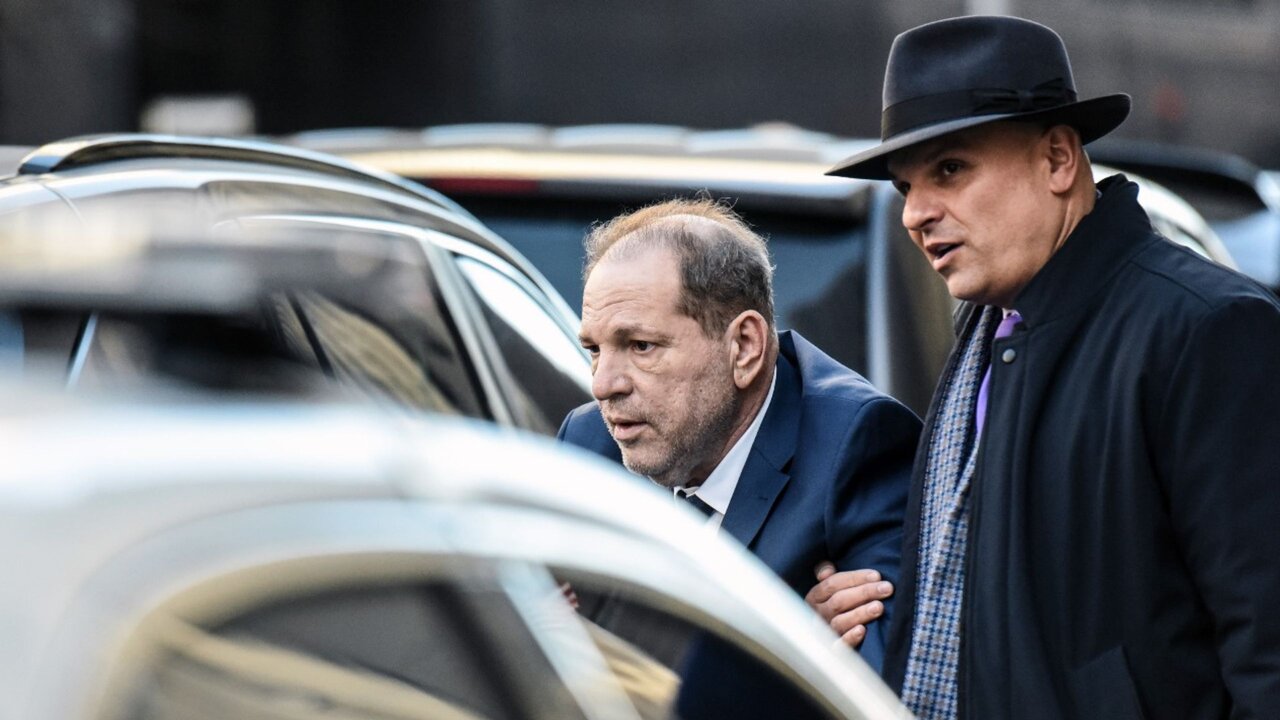
What did the jury have to say about Harvey Weinstein's recent hearing?
During the court proceedings, the judges grappled with complex legal questions surrounding the admissibility of evidence and the balance between establishing intent and prejudicing the defendant. Some judges expressed skepticism about the breadth of the evidence presented, questioning whether it unfairly tainted the jury's perception of Weinstein.
Associate Justice Betsy Barros raised concerns about the Molineux and Sandoval rulings, suggesting that they may have unduly restricted Weinstein's ability to present his defense, stating, “This Sandoval ruling — I don’t think anybody in their right mind would testify,” she said. “How is this a fair trial, when you’re not able to put in your side of it?”
Judge Jenny Rivera too questioned the relevance of Molineux in the recent hearing, sharing, “What’s unique about a powerful man trying to get a woman to have sex with him?” Rivera later even questioned whether the judgment of the historic Molineux case might need “rethinking.” The chief of appeals for the Manhattan D.A.'s office, Steven Wu, shared that as per his understanding, these Molineux victims were presented to exhibit the relentless assault nature of the filmmaker. “He knew he was going to initiate a sexual encounter, regardless of their consent,” Wu declared.
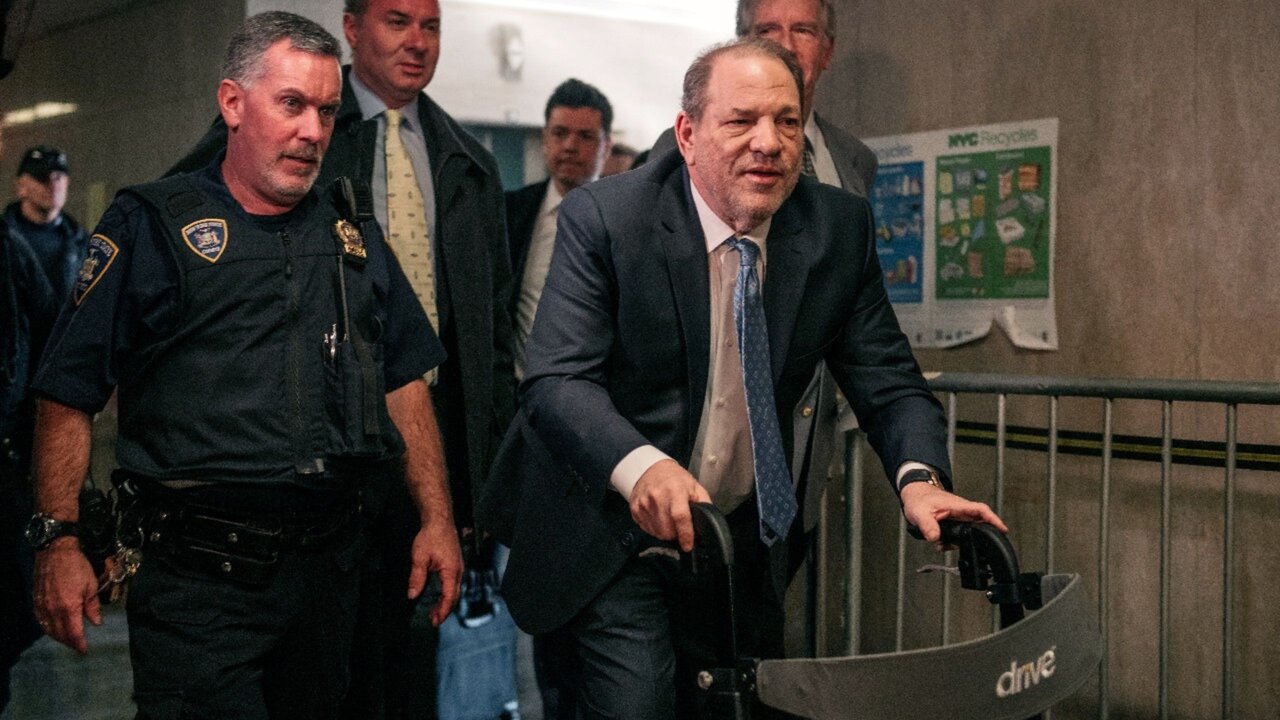
However, other judges appeared to endorse the prosecution's argument that the additional testimonies were crucial in establishing Weinstein's pattern of behavior. Judge Madeline Singas emphasized the relevance of the Molineux witnesses in dispelling Weinstein's defense that the encounters were consensual transactions. “However, other judges appeared to endorse the prosecution's argument that the additional testimonies were crucial in establishing Weinstein's pattern of behavior. Judge Madeline Singas emphasized the relevance of the Molineux witnesses in dispelling Weinstein's defense that the encounters were consensual transactions,” she remarked.
Judge Anthony Cannataro echoed this sentiment, suggesting that the evidence was necessary to assess the consent of both parties involved, exclaiming, “That to me seems like what Molineux was made for.”
Despite the divergent views expressed by the judges, Arthur Aidala remains cautiously optimistic about the outcome of Weinstein's appeal. Following the arguments presented in court, Aidala expressed hope that Weinstein's conviction would be overturned, citing, “We are cautiously optimistic that Harvey Weinstein’s conviction will be overturned.”
Disclaimer: If you need support or know someone who is struggling with domestic violence or assault or abuse, please reach out to your nearest mental health specialist, NGO or speak to someone about it. There are several helplines available for the same.





 JOIN OUR WHATSAPP CHANNEL
JOIN OUR WHATSAPP CHANNEL